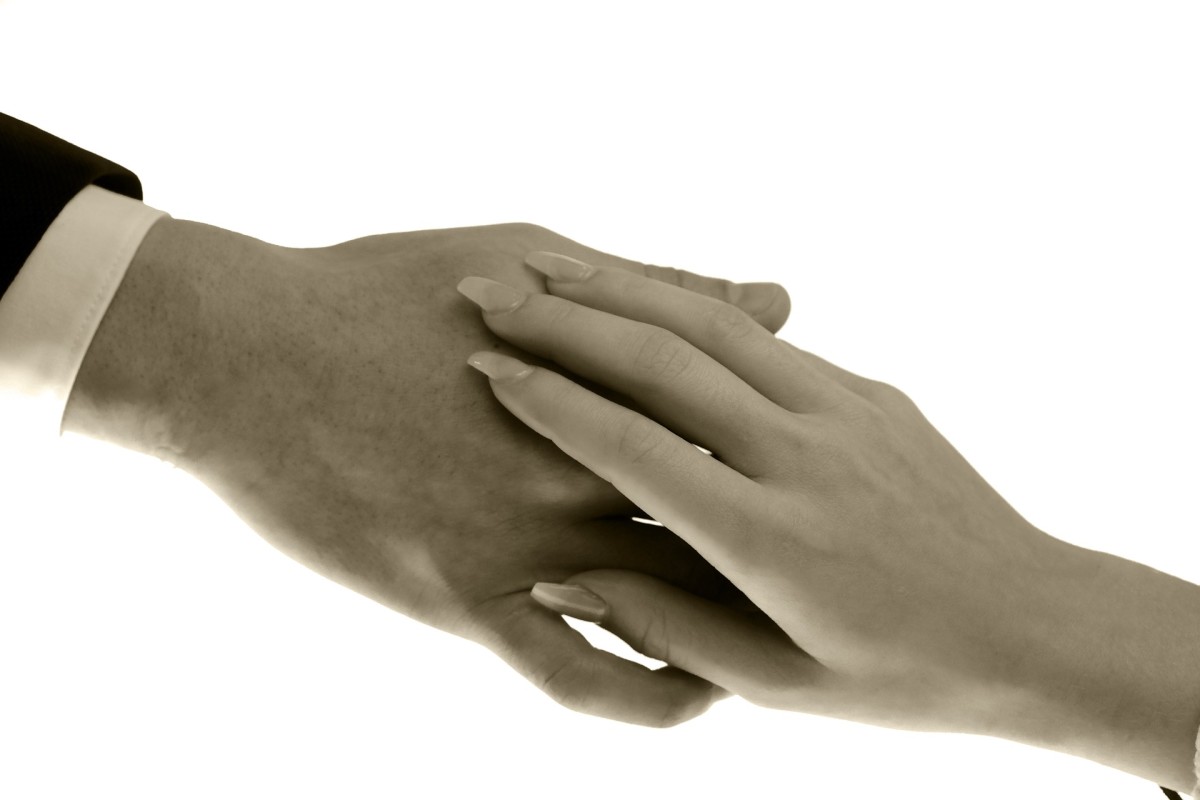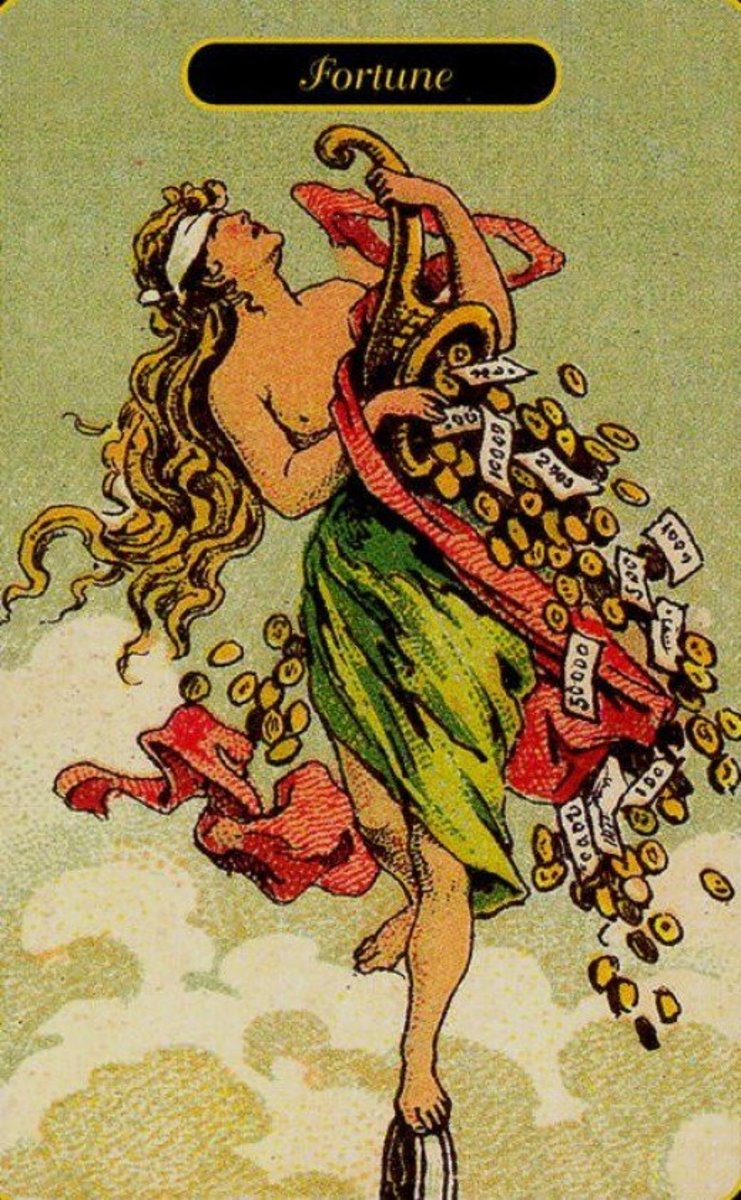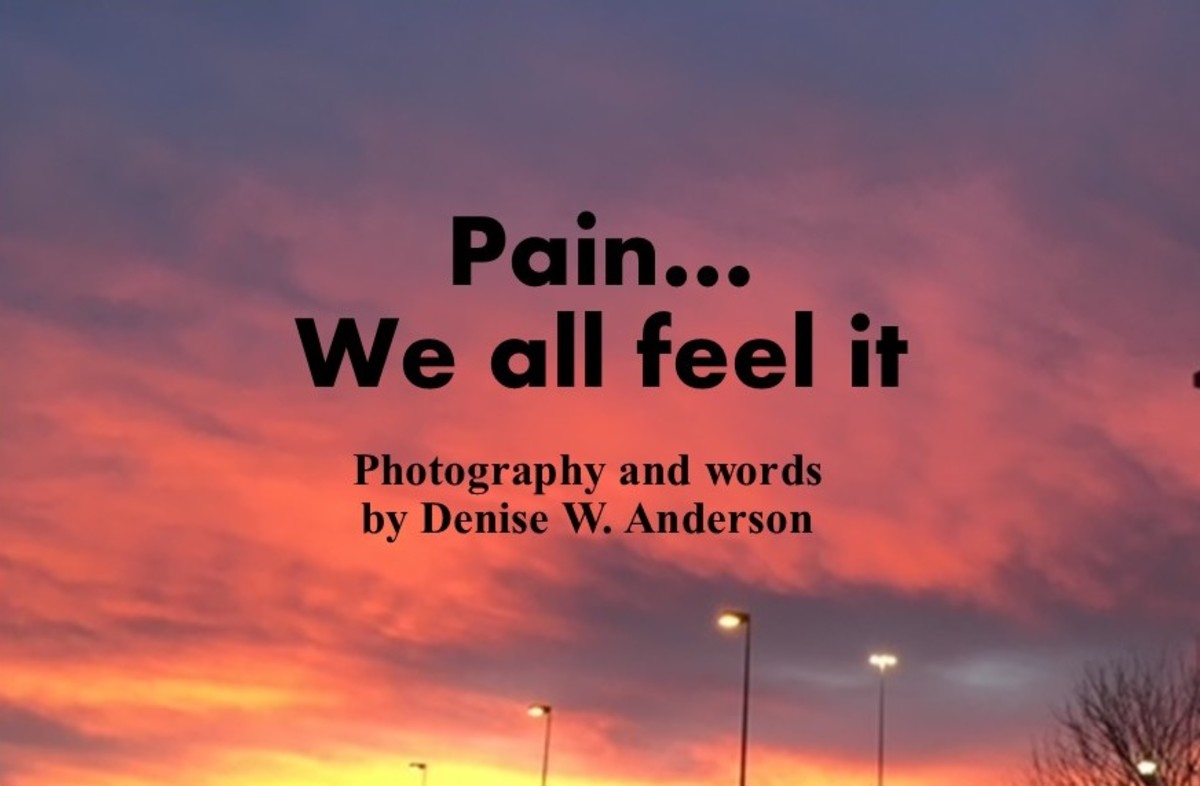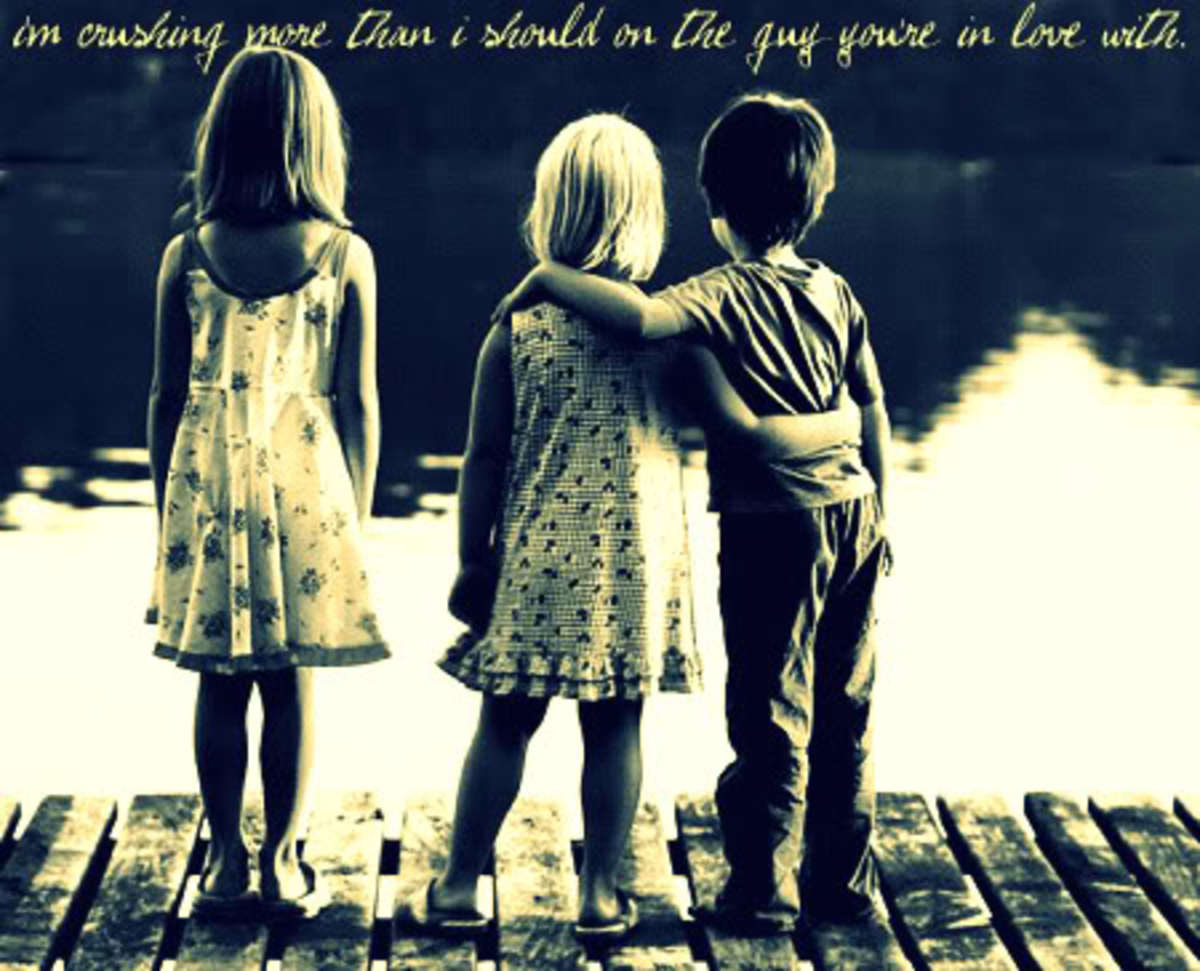What is Love?
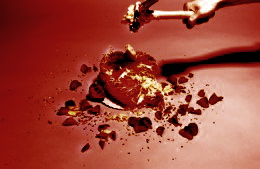
What is more powerful than a locomotive, can happen faster than a speeding bullet and makes you feel you could leap tall buildings in a single bound...? Why it must be love, love, love...
Be it magical, mysterious..the stuff of poet's dreams or a biological ruse designed to propogate the species, there's no denying the force of romantic love and its impact upon us, the human species.
Telling the World
From the earliest surviving love poem, on a clay tablet, romantically labelled Istanbul#246 and held in a musty museum somehere, to the cheese factory of Stock, Waterman and Aitken, humans have sought to express their thoughts about love and romance. Love has been described as the ”triumph of imagination over the intellect” and as the singers croon of passion gained and lost in triumphant or self-pitying tones, the poets too, ply us with their ecstasies and miseries. Nowhere is the poets compulsion more evident than in John Keats's love letter to Fanny Brawne. Keats expresses something of the obsessional quality with which love can bind itself to the centre of our being:
I have been astonished that men could die martyrs for their religion. I have shudder'd at it. I shudder no more . I could be marty'd for my religion. Love is my religion. And I could die for that... could die for you. My Creed is Love and you are it's only tenet. You have ravish'd me away by a Power I cannot resist : and yet I could resist till I saw you; and even since I have seen you I have endeavoured often “to reason against the reasons for my Love“. I can do that no more -the pain would be too great . My love is selfish. I cannot breathe without you.
My. Perhaps because love can pierce the furthest into the emotional core we are all a little obsessed with it. To the poet love is no ruse but rather the enigmatic heart of human existence. Only love can carry us to the extremes of emotion -from the thrills of ecstasy to the darkest depths of pain, so it's perhaps it's no surprise it has proven to be one of the most enduring themes of the poet and songwriter.
The fundamental things apply, as time goes by ~ Herman Hupfield
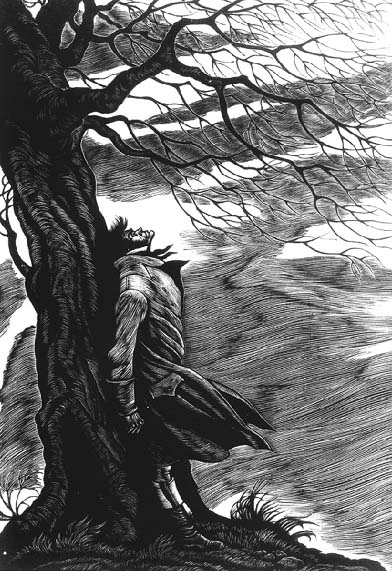
Pain and Suffering
What's wrong with you, with us?
What is happening to us?
Ah our love is a harsh cord
That binds us wounding us
And if we want to leave our wound
To separate,
It makes a new knot for us and condemns us
To drain our blood and burn together.
Pablo Neruda (From, The Furies -Love)
Just as love can carry us off to the heavens on the wings of euphoria, so too, can it drop us from a great height to lay crushed and limp upon the hard ground.When the oxytocins begin to drain away, the withdrawal can be as harsh as that from any hard drug addiction.
Love is so rare, so powerful and so all-consuming, that once we we possess it, every fibre in our being resists letting it go. Love can dissipate for a variety of reasons but a couple of big destructive forces in the mix are jealousy and the fear of rejection.
80's Love Kitsch -The World Seems Difficult
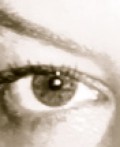
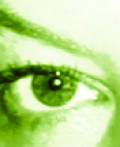
Jealousies...Insecurities
It was, apparently, Shakespeare who first associated the human emotion of jealousy with the colour green - a sickly, nauseating shade that overcomes the complexion when reason is subsumed by ugly thoughts.
O, beware, my lord, of jealousy; It is the green-eyed monster which doth mock the meat it feeds on; that cuckold lives in bliss Who, certain of his fate, loves not his wronger; But, O, what damned minutes tells he o'er Who dotes, yet doubts, suspects, ye..
Iago, from Othello
Jealousy is an ugly little seed that, if we allow it, can expand into a heinous beast, wreaking havoc with hearts and minds. Where does it come from...? What causes it...?
Well firstly, it's a normal human emotion and there's no need to beat ourselves up for experiencing it. It's when we fail to realise that we can never, and shouldn't try, to 'possess' the emotions of another, that jealousy can spiral out of control.
From an evolutionary point of view, the purpose of jealousy is not entirely clear but possibly it served some useful purpose in maintaining a mate. Psychologist's define jealousy as:
- a temporary state
- a response to a threat
- a motivated action designed to deal with the threat (Daly and Wilson)
Why do we sometimes flirt tauntingly in front of a partner? Perhaps because a) it can make us seem more desirable and b) It enables us to gauge our partners commitment through their reaction. Moderate jealousy can actually strengthen committment by making one partner feel lucky to have a desirable mate and the other feel valued through a jealous reaction.
Violent, excessive feelings of jealousy can arise when we feel we are losing control or power over another, especially when a third party is on the scene....yet this kind of panic is futile, as whether the loss is real or imagined, we have no more control over someone else's feelings than we do over our own. The less secure we feel about ourselves and our own worth and desirability the more apt we are to feel threatened and jealous.
On a rational level we might recognize this, but continue to indulge in desperate, pathetic, controlling behaviour. Thus we end up hating ourselves just a little more, because we ourselves feel powerless against the force of our own waves of negative emotion. It's tough.
Rejection
I suppose there may be some lucky individuals who have never felt the dagger to the heart a rejection in love can bring, but for many of us it's an experience that slices right through our sense of self. You can feel as though you are walking around with a big R for reject on your forehead.
Depending on the depth of the hurt, rejection can be like a grieving process you are compelled to to go and then recover through the cliched healing of time. Most people do, although sometimes with scars. A few light rejections from near strangers may not be so big a deal but when it happens after you have invested all your emotion in someone, It is a kind of profound loss; of self-worth and of aspirations crushed and dreams shattered.
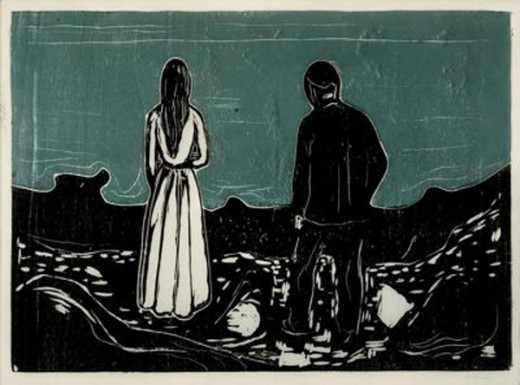
In the Russian novel by Turgenev, Fathers and Sons, the central character Bazarov is a nihilist who steadfastly refuses to believe in anything. Yet when he falls in love with the beautiful young widow, Anna Odintsova, he is unable to cope when she brutally rejects him. The conflict between his philosophical views and his uncontrollable passions make him one of the most romantic figures in literature. The confidence and arrogance his nihilism had provided him with does nothing to prepare him for the pain of rejection and a broken heart.
Bazarov ia a charismatic character, yet his eternal appeal lies not merely in what appears as a courageous nihilism but rather in the passion and the subsequent pain that engulfs him. It's this capacity for love and the shattering rejection he is able to feel that make him so poignantly and powerfully attractive. Perhaps those who have suffered rejection can take some slight comfort from the notion that to feel rejected is to be human....nothing more, nothing less.
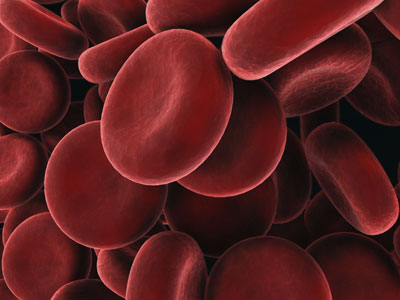
Love as a Neurological Process
Did you know it takes a mere fifth of a second to fall in love? Or that it can ellicit the same euphoric feeling as using cocaine? These are the findings of a new study at Syracuse University,led by Professor Stephanie Ortigue.
The study revealed that when someone falls in love, twelve areas of the brain work together to release euphoria-inducing chemicals such as dopamine, oxytocin, adrenaline and vasopression. The 'love feeling' also affects intellectual areas of the brain and sophisticated cognitive functions, such as mental representation, metaphors and body image.
When the pheremones click, the human laboratory starts up and we could be forgiven for thinking there's a mad scientist in there somewhere. Love is an ancient drive - the primal force behind the continuation of the species.
But let's have a closer look at some of these chemicals, to discover what love does to us:
- The Monoamines -Dopamine, Norepinephrine and Serotonin - Responsible for excitement, euphoria, craving and addiction
- Adrenaline -A stress response, causes sweating, racing heart and increased pulse
- Oxytocin -The hormone released during sexual orgasm as well as childbirth. Probably connected to bonding, physical attachment and intimacy.
- Vasopression-Released after sex and has a similar structure to oxytocin. A diruretic hormone connecting kidneys to the control of thirst, but studies on prarie voles have revealed it's an important chemical in forming monogamous relationships. Experiments have revealed that when post-coital release of this chemical is suppressed, the prairie voles are less likely to form an attachment.
What hope do we have? This biological machine we call the human body is geared to push us into the deep waters of sexual passion and love. Sink or swim, who we love and how forcefully we do it, is seemingly beyond our conscious control. Ah well, might as well go with it...
Links
- The Kiss and A Song of Despair
The Kiss 1901-4 Auguste Rodin There is a moment in time when two lovers, oblivious to the world around them, are about to lose themselves to the irresistable compulsion of erotic love. This... - Introduction: Love - life - 04 September 2006 - New Scientist
Scientists are beginning to get early insights into the nature and origin of love. Start finding out how our brains and bodies make us fall in love, with

